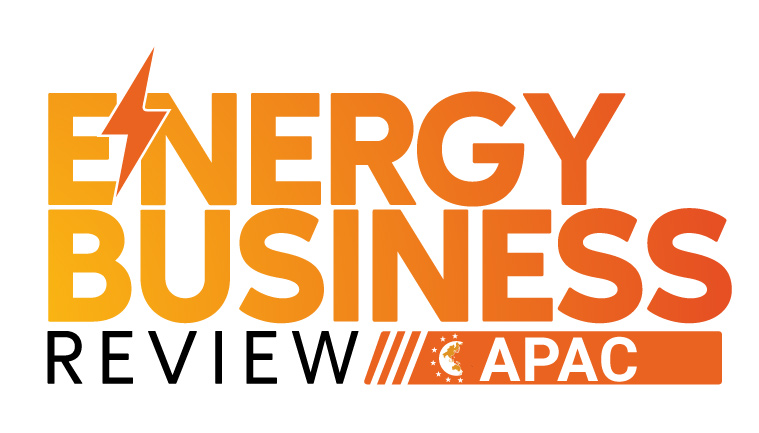Thank you for Subscribing to Energy Business Review Weekly Brief
Expansion Horizons in Canada's Fuel and Propane Sector
Energy Business Review | Wednesday, November 19, 2025
The combination of Canada’s vast geography, distinct seasonal intensity, and a dispersed industrial base creates a foundational demand for fuel and propane delivery that is remarkably resilient. However, the era of simply moving product from terminal to tank is transitioning into a sophisticated era of "Energy-as-a-Service." For operators and investors in the Canadian market, the horizon is defined not just by volume, but by value-added management, technological integration, and the strategic adoption of low-carbon liquid fuels.
The Digital Transformation of Logistics
Stay ahead of the industry with exclusive feature stories on the top companies, expert insights and the latest news delivered straight to your inbox. Subscribe today.
The most immediate opportunity for expansion stems from the ongoing digitization of the supply chain, where IoT systems and advanced telemetry are transforming conventional delivery routes into intelligent, data-driven networks. A significant development in this shift is the adoption of smart tank monitoring, which is propelling the industry toward “zero-run-out” service models. Wireless sensors installed on residential and commercial tanks enable distributors to capture real-time consumption data, forming the foundation for Predictive Replenishment. Instead of relying on customer call-ins or fixed delivery intervals, algorithms now evaluate usage patterns and weather-based demand indicators to automate dispatching, optimize drop sizes, and reduce unnecessary truck movements. Complementing these advancements, modern routing platforms integrate traffic conditions, road quality, and live tank telemetry to adjust delivery paths. This capability increases gallons delivered per mile and enhances overall asset utilization, enabling fleets to extend their effective service radius without expanding vehicle counts and, in turn, opening new geographic markets through operational efficiency.
Mobile Wet Hosing and Fleet Refueling
A rapidly expanding segment within the Canadian commercial fuel market is mobile wet hosing, a service model in which fleet vehicles are refueled directly from a tanker truck—most often during off-hours. This approach aligns with a growing “time-as-currency” value proposition for sectors such as construction, logistics, and municipal operations, where any downtime spent at cardlocks or retail fueling stations equates to measurable operational cost. By delivering fuel directly to trucks, heavy equipment, and generators overnight, providers enable fleets to begin each shift fully fueled and immediately productive. As a result, mobile wet hosing commands a premium compared with traditional bulk delivery, offering clients clear advantages in operational continuity, labor efficiency, and overall asset utilization.
Additional market interest is being driven by the increasing adoption of telematics and fleet management systems, which allow clients to track fuel consumption, optimize routing, and quantify the operational value of reduced downtime. Many mobile wet hosing providers now integrate digital delivery records, automated invoicing, and real-time asset reporting into their services, further enhancing transparency and accountability. Moreover, as organizations place greater emphasis on safety and environmental compliance, on-site fueling reduces vehicle traffic to retail stations and minimizes the risk of uncontrolled spills. Collectively, these factors position mobile wet hosing as a strategic service that supports cost control, operational resilience, and improved governance across diverse fleet-dependent industries.
The Renewable Transition as a Growth Engine
The global transition toward lower-carbon energy is not a contraction point for Canadian liquid fuel distributors but a significant opportunity for product diversification and growth. With established infrastructure already in place, the potential lies in introducing cleaner, drop-in alternatives such as renewable propane and renewable dimethyl ether (rDME), which integrate seamlessly into existing customer equipment and delivery systems. Distributors are increasingly positioning themselves as strategic partners in their clients’ sustainability initiatives, using renewable propane blends to help agricultural and industrial customers reduce emissions immediately. Similar momentum is building in the heating oil and diesel sectors, where bioheat and renewable diesel blends are gaining ground, particularly in provinces with Low Carbon Fuel Standards. Early movers who establish dependable supply chains for these products are capturing market share by offering a premium, low-carbon solution that preserves the performance and reliability of conventional liquid fuels.
Canada’s diverse economic landscape provides a strong foundation for strategic expansion into high-demand sectors that depend significantly on delivered energy. In the agricultural industry—particularly across the Prairies and Ontario—propane remains essential for grain drying and heating, creating opportunities that extend well beyond traditional fuel supply. Leading distributors are increasingly embedding their offerings within integrated “Smart Farm” environments, aligning fuel delivery with real-time harvest data and automated climate-control systems. This level of operational integration strengthens long-term relationships with high-consumption agribusinesses.
Similarly, northern and remote communities present a distinct market characterized by a critical need for reliability. Growth in these regions requires highly resilient supply networks capable of operating in challenging, isolated conditions. An emerging trend toward hybrid energy models—where fuel providers collaborate with local renewable initiatives such as micro-grids—positions liquid fuel suppliers as holistic energy security partners. By delivering both primary and backup power solutions, these companies move beyond being conventional fuel vendors and become essential contributors to community energy resilience.
The Canadian fuel and propane delivery industry is in a period of evolution. The winning formula for expansion combines the reliability of physical infrastructure with the agility of digital management. By embracing telemetry, pioneering value-added services like wet hosing, and facilitating the transition to renewable liquid fuels, providers are elevating themselves from simple commodity haulers to indispensable energy partners. The market is wide open for those ready to deliver not just fuel, but intelligence and sustainability.
More in News


